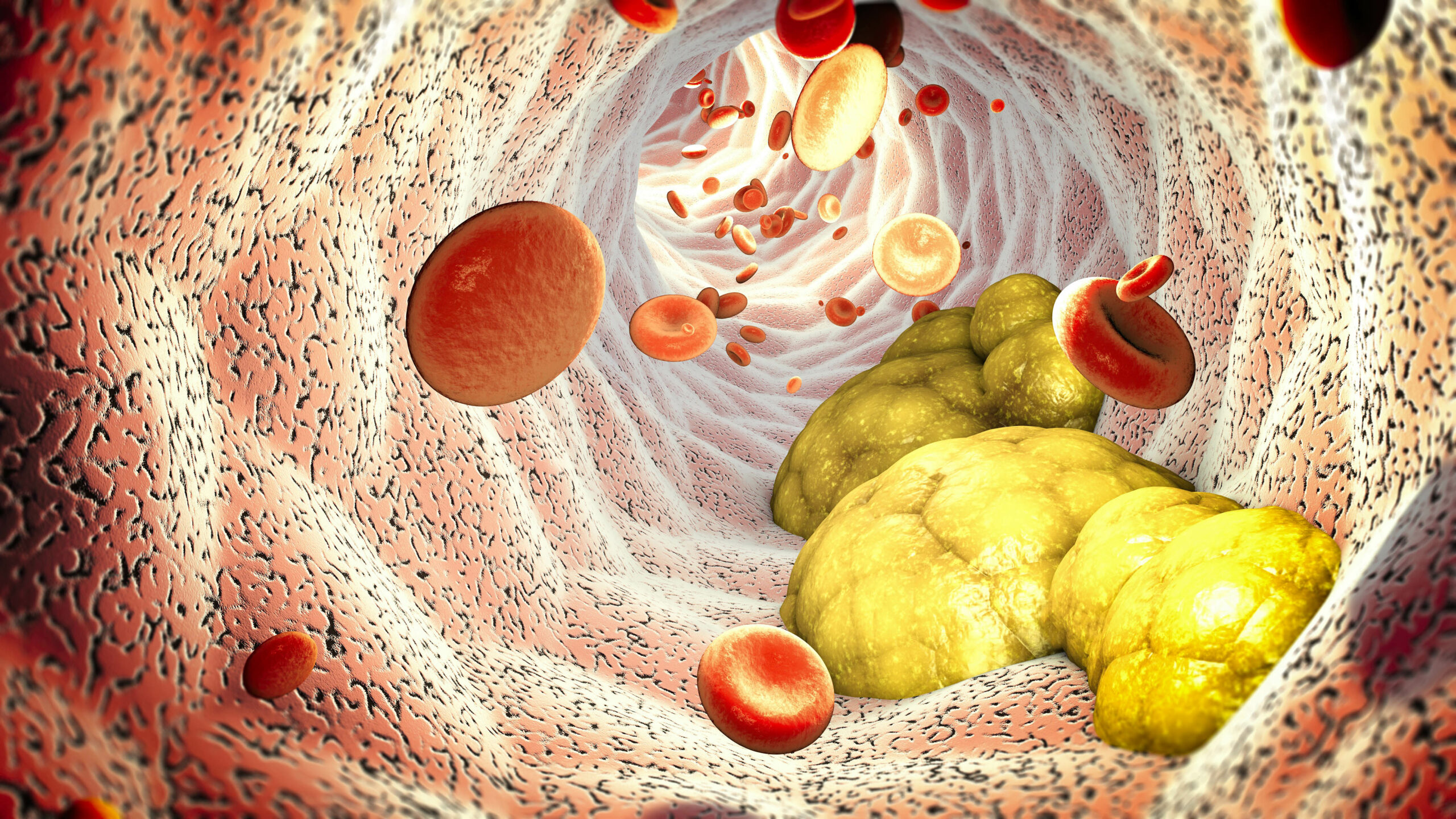Americans spend an estimated $50 million each year on dietary supplements, many of which claim to provide heart-protective or cholesterol-management benefits, but often there is very little clinical research to back up these marketing messages. A recent study, published in the Journal of the American College of Cardiology, investigated six different supplements to determine if they produced any measurable benefits to LDL (bad) cholesterol levels.
According to a recent medically-reviewed Everyday Health report, researchers randomly assigned 190 adults without a history of heart disease one of six supplements – fish oil, garlic, cinnamon, turmeric, plant sterols, and red yeast rice, a placebo, or a low-dose statin daily for four weeks. At the end of the study, none of the supplements lowered LDL cholesterol levels significantly more than the placebo, but the low-dose statin reduce LDL levels by about 35 percent more than the placebo.
A 5-milligram dose of rosuvastatin (Crestor) was used in this study and half of the participants in the statin group had their LDL cholesterol drop by more than 40 percent. Researchers conducted the study due to growing concerns that many patients refuse statin treatment for high LDL cholesterol, trying supplements instead and some may even stop taking prescribed medications and use supplements in their place.
Among the risk factors for heart disease, high blood pressure, diabetes, smoking and high cholesterol are factors that can lead to heart attack and stroke. By controlling these factors with lifestyle changes, and in the case of high LDL cholesterol – statin therapy, the risk of a first heart attack or stroke can be significantly reduced.
Supplements can also have serious side effects. An estimated 23,000 emergency room visits in the U.S. are a result of an adverse reaction related to dietary supplements, the study authors report. If you are considering adding a supplement to your daily regime, be sure to talk first with your doctor or pharmacist to learn about any possible side effects or drug interactions.
The American Heart Association guidelines not only recommend the use of a statin in some people with the highest risk for heart disease, but also a heart-healthy diet that ensures people get all the nutrients they need through foods. A Mediterranean diet, rich in fresh vegetables, fruits, legumes, nuts, olive oil, whole grain and fish while limiting red and processed meats, and at least 150 minutes each week of moderate exercise help support heart health.
Because the study was relatively small in size and lasted only four weeks, a larger and longer trial may be considered to further study the safety and effectiveness of supplements or statin drugs.






Add Your Voice
0 Comments
Join the Discussion